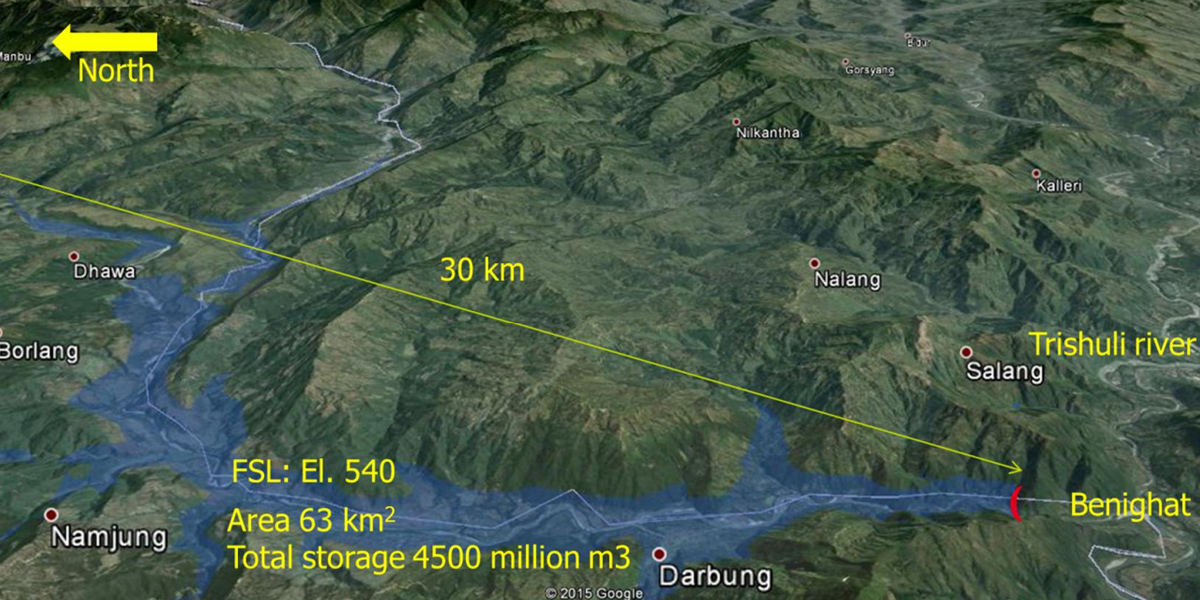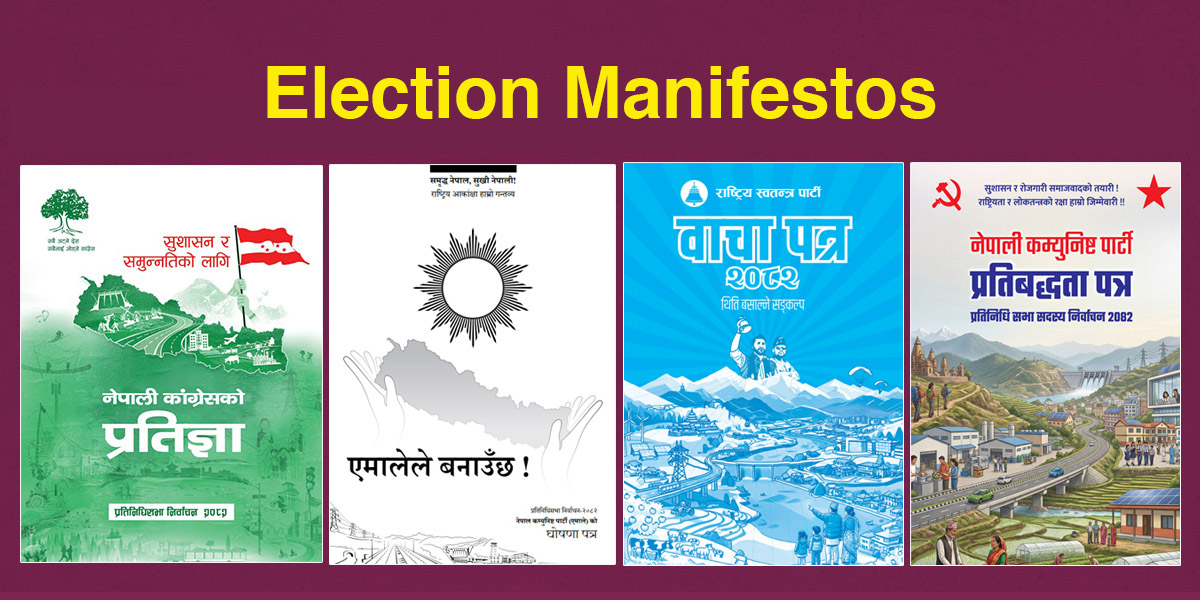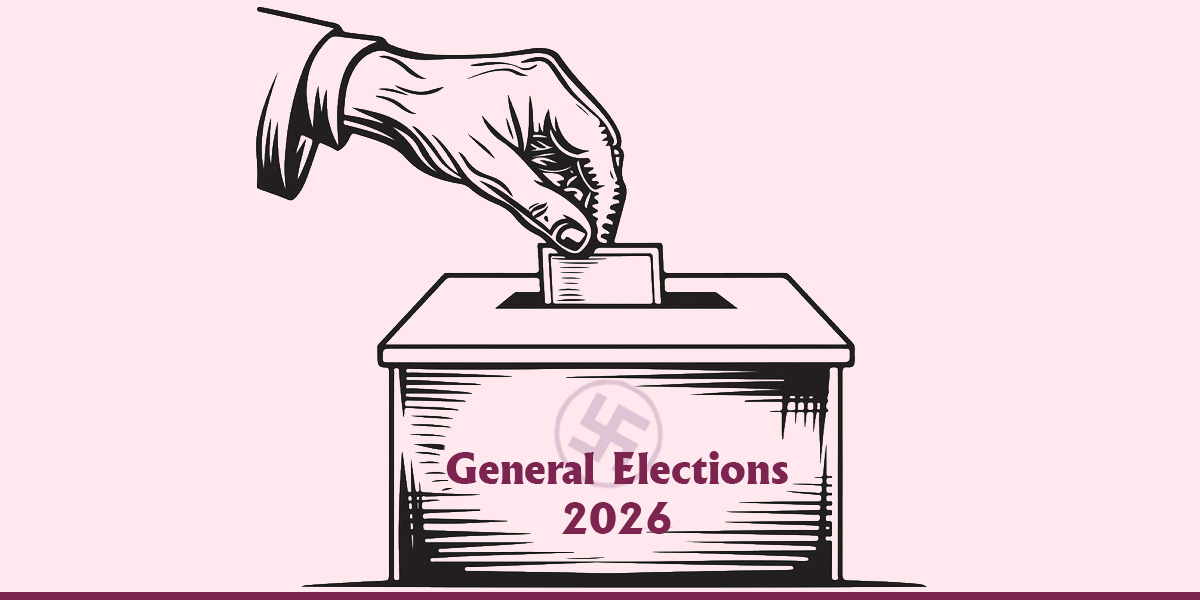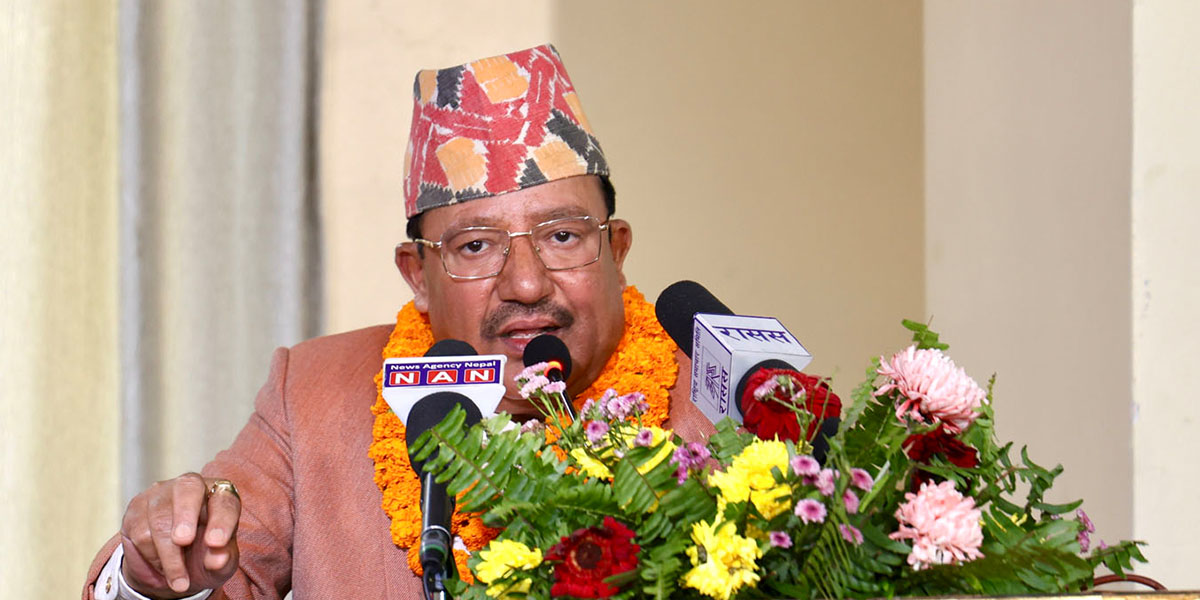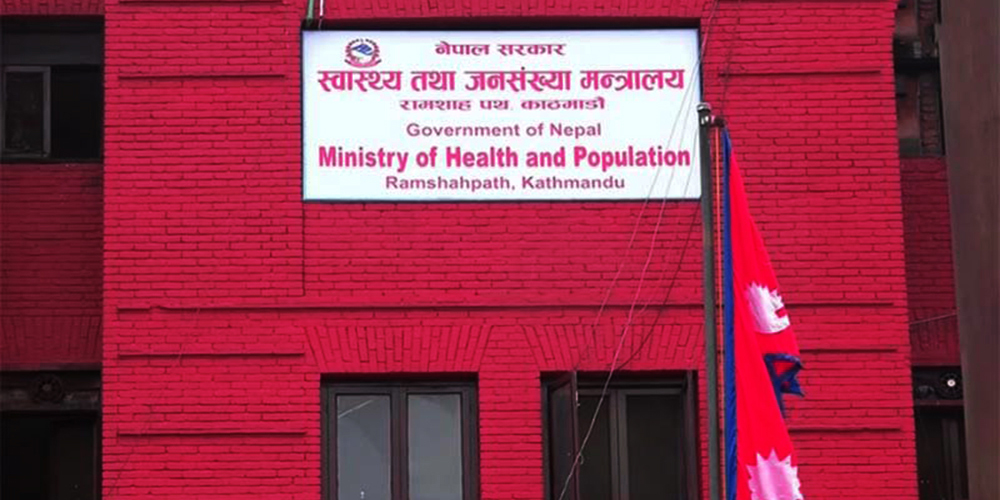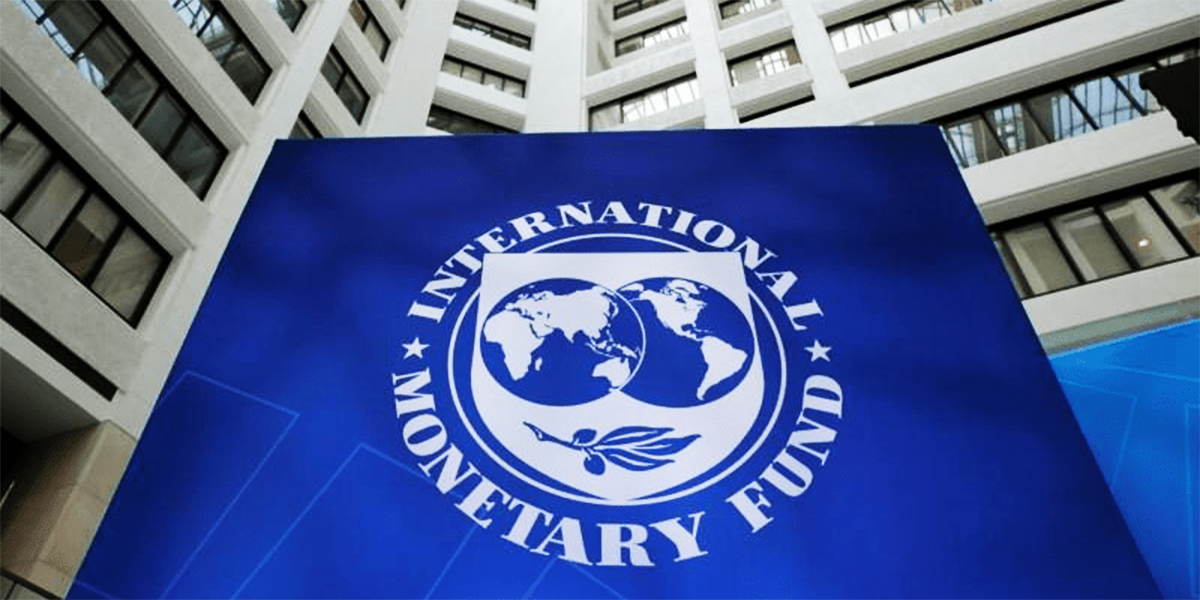
KATHMANDU: The Nepali authorities and IMF staff have reached staff-level agreement on the policies and reforms needed to complete the 5th review, paving the way for Nepal to draw another SDR 3.14 million (about $40.6 million) under the Extended Credit Facility of the IMF.
The agreement, however, is subject to approval by the Executive Board of the IMF. Nepal would have access to $40.6 million after the agreement is approved by the IMF’s Executive Board, bringing the total IMF financial support disbursed under the ECF to SDR 219.7 million (about US$283.9 million), from a total of SDR 282.42 million.
A team of IMF led by Sarwat Jahan visited Kathmandu on January 8-19 to hold discussions with Nepali authorities.
“Nepal continues to make progress with the implementation of the ECF-supported program. Program performance was satisfactory, with all quantitative performance criteria and indicative targets for end-July 2024 met except for the indicative targets on revenue collection and child welfare grants,” Jahan said in a statement issued at the end of the mission.
The IMF team noted that Nepal has made some structural reforms while reforms in some areas are still ongoing.
Key reforms accomplished as a part of the fifth review include amendment of anti-money laundering (AML) law, strengthening the financial oversight of public enterprises, and completing an audit of the FY2023/24 financial statement of the Nepal Rastra Bank (NRB) involving the service of experts with international experience in auditing other central banks.
“Despite the cancellation of the initial procurement for the Loan Portfolio Review (LPR) of the 10 largest banks, the NRB remains committed to completing the review and has restarted the process to hire an independent international consultant to assist with the LPR,” the statement added.
According to the IMF team, Nepal’s economic growth is expected to gather pace, exceeding four percent in FY2024/25, supported by stronger public capital expenditure, including on post-flood recovery and reconstruction efforts.
The team expects imports to rebound in the second half of the year and flood-driven food inflation is expected to ease as transport networks are repaired and agricultural output recovers improving the food supply. “However, the outlook is subject to important downside risks, including under-execution of growth-enhancing capital projects, an increase in financial sector vulnerabilities, and potential disruption to policy continuity and reform implementation,” it added.

 Himal Press
Himal Press 
